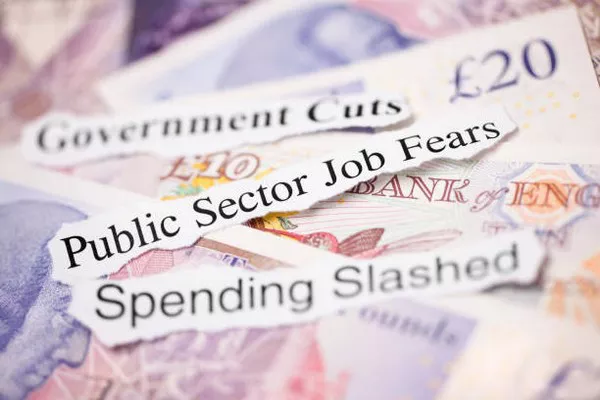GBP/JPY halted its rally that started on June 17 and traded around 204.00 in early European trading on Tuesday. The cross hit its highest level since August 2008 on Monday.
The pair fell on weak data released by the British Retail Consortium (BRC) on Tuesday. In June, the BRC Shop Price Index (SPI) rose 0.2% year-on-year, compared with a 0.6% increase in the previous month. Changes in the SPI are closely watched as an indicator of inflationary pressures in the UK.
In addition, the Bank of England (BoE)’s dovish stance in June increased market expectations for a rate cut in August, which could weaken the British pound (GBP) and affect GBP/JPY.
GBP traders will focus on the upcoming UK general election on Thursday. According to the latest exit polls, the opposition Labour Party is expected to win against the Conservative Party led by British Prime Minister Rishi Sunak.
On the yen side, verbal intervention by Japanese authorities could support the yen and limit upside for GBP/JPY. Japanese Finance Minister Shunichi Suzuki said on Tuesday that he was “watching foreign exchange movements closely with a vigilant attitude,” according to Reuters.
The Bank of Japan is expected to reduce its monthly bond purchases by about $100 billion (16.00 trillion yen) in the first year under its quantitative tightening (QT) program unveiled this month, according to the latest Reuters poll conducted between June 25 and July 1.


